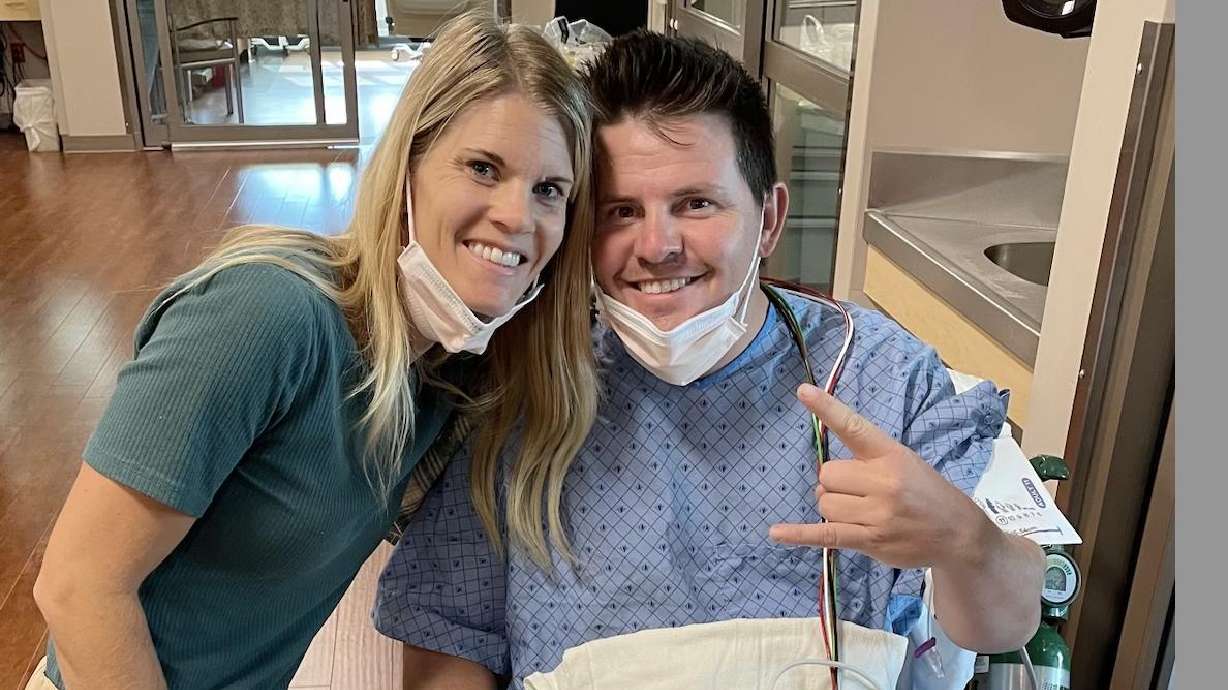HEALTH
U of U study shows potential racial disparities in IMRT cancer treatment
Aug 15, 2022, 10:13 PM | Updated: Jan 5, 2023, 2:44 pm

The Huntsman Cancer Institute in Salt Lake City, Utah. (Jordan Allred/Deseret News)
(Jordan Allred/Deseret News)
SALT LAKE CITY — A recent study that includes research from Huntsman Cancer Institute shows that cancer patients of color may experience delays in getting a certain advanced cancer radiation treatment.
The study, published in the journal JCO Oncology Practice, found that non-Hispanic Black, Hispanic, and Asian patients are significantly more likely to experience delays in beginning intensity-modulated radiation therapy, or IMRT.
What is IMRT?
Researchers said IMRT matches the precise contours of a tumor to minimize the exposure of radiation to the surrounding healthy tissue. According to the National Library of Medicine, traditional 3D-conformal radiation often exposes organs next to the tumor to that full dose of radiation.
IMRT carries a larger price tag, according to the study.
Why is there a disparity in treatment?
The study found that the disparity could be connected to insurance issues — private, costlier insurance is likely to approve such radiation therapy more quickly. However, Black, non-white Hispanic, and other underrepresented patients, with less insurance or Medicare, might have to wait longer.
The study said that IMRT often requires prior authorization from insurance companies because of the higher price. Huntsman researchers said this causes worrisome delays and “may disproportionately affect underrepresented patients.”
“It’s a point of frustration for clinicians when you have to delay treatment for patients due to insurance authorization processes,” said Huntsman Cancer Institute researcher and one of the authors of the study, Dr. Ryan Hutten.
The study suggested that the prior-authorization process required by many private insurance companies might exacerbate the observed disparity for Black patients.
The study concludes by stating that racial and ethnic disparities in the use of IMRT exist and are actually worsening over time.
“We know there are enormous consequences to treatment delays, and we know minority groups have inferior oncologic outcomes,” Hutten said, adding that studies like his would hopefully help to improve the delivery of treatment to patients.












